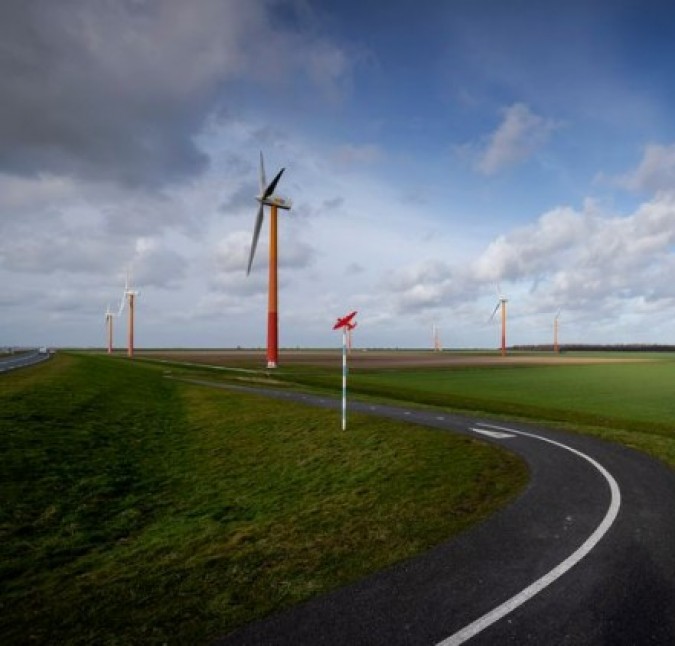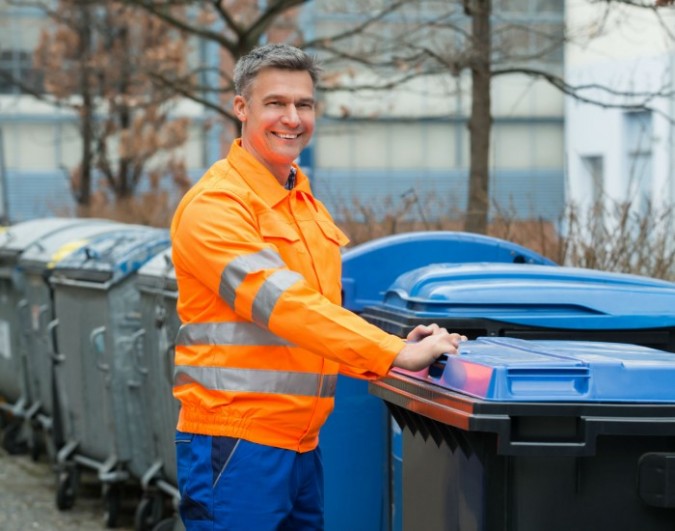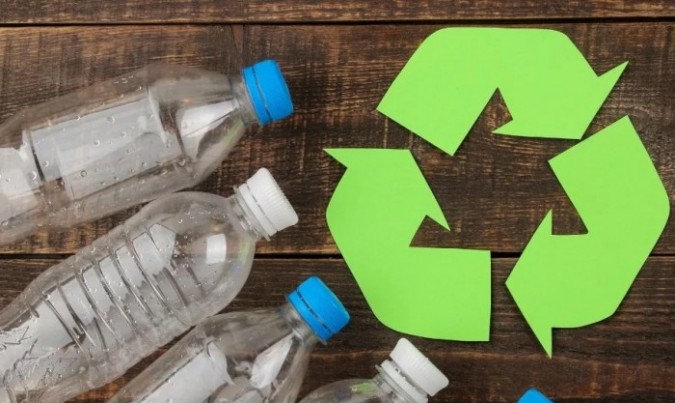How plastics recycling contributes to a sustainable economy
Sustainable plastic: here's how it can be done!
As in the media, the topic of sustainability is also very much alive at Marisan. With every packaging and every process, we ask ourselves whether things could be better or more sustainable. Plastic particles are sometimes blamed as one of the 'guilty' polluters of our planet. However, we have to tell you: plastic is - sometimes - useful.
The condition is that you use plastic only when necessary and in a thoughtful way. For instance, plastic protects our food (good for its shelf life) and protects goods during transport.
We explored the positive aspect of plastic and examined how it can contribute to a circular economy. Because yes - there are several ways to halt the growing waste management crisis while boosting a sustainable(er) economy.
Preserving valuable raw materials and increasing recycling
1. Conserve valuable raw materials
Fossil fuels and natural gas are often used in the production of new plastic. An alternative method of producing plastic that is gaining ground is to use vegetable waste.
If we recycle the plastic after use, we reduce its consumption and production as well as promote more efficient use of raw materials.
2. More recycling = less energy
Recycling plastic sometimes requires less energy than producing it. This is thanks to innovative technologies that convert discarded plastic particles into new products. The result? Less energy consumption and lower greenhouse gas emissions. This creates opportunities in the fight against climate change.

More effective waste management and job creation
3. Increasingly effective waste management
Accumulated plastic particles can pose a threat to the environment, especially when they end up in landfills or oceans. However, we can partially prevent this problem. By doing so, we reduce pollution and protect our much-needed ecosystems. Waste management and recycling systems are becoming increasingly effective, which can only benefit the quality of life.
4. More jobs
Where there is innovation, there are jobs. For instance, the plastics recycling industry creates many jobs. Skilled workers are needed for the collection, sorting, processing and production of recycled raw materials such as plastics.
As the number of collection and processing initiatives increases, talent is also needed in other sectors. Besides jobs in waste management, there are numerous new vacancies in logistics, research & development and manufacturing. This job creation encourages a sustainable, circular economy.

Thriving market and technology that does not stand still
5. Thriving market thanks to recycling
Recycling plastics efficiently creates a consistent and reliable supply of recycled plastics. Thus, manufacturers reduce their dependence on 'new' plastic. This process in turn opens doors for innovative products made from recycled materials.
Consumers increasingly demand sustainable products, creating a competitive advantage for companies that are 'on board' with the circular economy. Do you use recycled materials like Marisan? If so, let your customers know. Show them you care!
6. Technology does not stand still
Scientists and engineers are constantly researching new methods to make recycling processes more efficient, improve their quality, etc. These technological advances increase the overall sustainability of the industry and pave the way for other sectors. This creates a favourable ripple effect throughout the economy.

On the right track
Plastic recycling contributes to a sustainable economy, as does resource and energy conservation. In addition, plastic recycling also contributes to employment and stimulates new business opportunities. So the plastics story takes a positive turn after all
However, the challenges are not small. Just think of large international transports or the cost of recycling. So we are not there yet, but by reflecting on this and taking action, we are definitely taking steps in the right direction.
At Marisan, we see it as our task to thoughtfully (re)use and process raw materials. Is your company sustainable? Contact us via info@marisan.be or +32 9 232 06 16 for a packaging proposal tailored to your needs.